
This is the English translation of a Turkish language article that was originally published by AVİM on 17 March 2025.
Although it has historical, sociological and political aspects, “genocide” is ultimately a legal concept. Analyses of the concept that exclude the legal definition and context are usually either thought experiments that lack a concrete impact or are attempts aiming to serve other purposes. Türkiye's stance against the “Armenian Genocide” allegations should primarily be based on legal grounds, both because the concept is legal rather than social, and because the legal definition supports Türkiye's arguments. However, this alone may not be sufficient. International law, especially regarding issues such as “genocide” and “crimes against humanity”, is constantly evolving and creating new frameworks in line with political pressures and shifting norms. This suggests that focusing solely on a legal defense will become insufficient in the long run.
The Limits of Law and Political Dynamics
The requirement of “dolus specialis” (specific intent), one of the most fundamental elements of the crime of genocide, is extremely difficult to prove, as seen in the International Court of Justice's (ICJ) decision in the Serbia-Croatia case. Türkiye forming a legal defense in this framework may help to show that the genocide accusations are legally baseless. However, the evolution of law and political decision-making may lead to different categorizations of the genocide allegations. For example, the concept of “crimes against humanity” may add a new dimension to the allegations. This could weaken one of Türkiye's key legal arguments against genocide allegations, in particular the principle of “non-retroactivity”.
In the political arena, the recognition of the 1915 Events as “genocide” by the Armenian Diaspora and various states is often based on diplomatic and ideological, rather than legal, motives. The resolutions of institutions such as the European (Union) Parliament and the US Congress are shaped by electoral pressures, lobbying, and international strategies, rather than legal processes. Although the European Court of Human Rights' (ECtHR) Perinçek v. Switzerland judgment established a precedent and emphasized the freedom of expression, this decision has not yet been reflected onto the international political discourse.
Shortcomings of the Legal Approach and Alternative Strategies
Türkiye's reliance on legal arguments alone could alienate potential allies in the international arena and obstruct constructive dialogue by trapping Türkiye in a defensive position. An alternative approach would be to clarify the scope of useful historical research, make Ottoman archives more accessible to researchers (although significant progress has been made in this regard), classify unorganized archives and make them available for use, and encourage international academic cooperation. Insisting on the creation of joint history commissions with international historians, which the Armenian side has always shunned, could help Türkiye to present a more convincing stance.
Realizing these processes requires financial support and political will. Türkiye’s inability to play an active role in academic platforms prevents it from adequately defending its arguments in the international arena. Türkiye needs to take more initiatives in this area.
Conceptual Issues Regarding Genocide Law
The necessity of addressing the concept of genocide within a legal framework is important in terms of legal clarity. However, the dolus specialis concept has gone beyond the law and turned into a political tool. For example, legally undefined concepts such as “cultural genocide” have been created, and attempts have been made to include historical practices such as “forced migration” or “relocation and resettlement” in the category of genocide. However, the crime of genocide can only be committed by individuals and states can only be held responsible for the crime if the conditions of attributability are met.
In this respect, the following points should be taken into consideration when determining the legal strategy:
- Actus reus (guilty act): It is known that there was mutual violence during the 1915 Events and that the Ottoman authorities punished a large number of officials during the trials of the year 1916. One-sided narratives should be avoided when assessing the legal nature of these acts.
- Dolus specialis (specific intent): There must be “specific intent” in order for the crime of genocide to occur. Accusations of genocide without proving this element are based on political discourse rather than legal reality.
- Politicization of international legal norms: It should be recognized that international law is not impartial and that international courts sometimes make judgements under political pressure. For example, the ICJ's decision in the Serbia-Croatia case can be considered as a judgement taken with a political balance in mind.
A Multidimensional Strategy is Imperative
Türkiye's policy towards the “Armenian Genocide” allegations should not be based solely on legal arguments. While the legal framework is important and constitutes the cornerstone at the root of all arguments, diplomatic, academic, and historical dimensions should also be considered in close conjunction with the legal framework. In this context, the following strategies may be implemented:
1. Strengthening legal arguments: A clear and robust legal defense against genocide allegations should be established within the framework of the basic principles of international law. In particular, the lack of dolus specialis should be emphasized and the judgements of the Ottoman courts should be examined within the scope of actus reus. All historical and political arguments should be established on the legal foundation, and the legal foundation should guide the arguments or the arguments should be implemented under the guidance of the legal foundation.
2. Diplomatic initiatives: Türkiye should engage in more constructive dialogues with the Armenian Diaspora and international actors and tirelessly emphasize the establishment of joint historical commissions. Historians should have larger roles in this process, but it should be made sure that they use legal terminology correctly, and the issues that historians should focus on should be determined based on the requirements of the legal debate.
3. International academic cooperation: Academic discussion of historical events should be encouraged, and the use of Ottoman archives should be made even easier. In this way, Türkiye's narrative can find more academic support.
4. Public diplomacy and media strategy: Türkiye's arguments should be effectively communicated to the international community and a comprehensive strategy should be implemented through the media and think tanks. The fact that the genocide allegations are based on political and ideological (and not legal) motives should be emphasized.
In conclusion, Türkiye needs to pursue a multidimensional and assertive strategy, rather than a unilateral legal defense to be successful in this regard. A balanced approach, supported by historical narrative, diplomatic overtures, and international cooperation, in addition to legal action, would be the best way forward for Türkiye's long-term interests.
© 2009-2025 Center for Eurasian Studies (AVİM) All Rights Reserved
No comments yet.
-
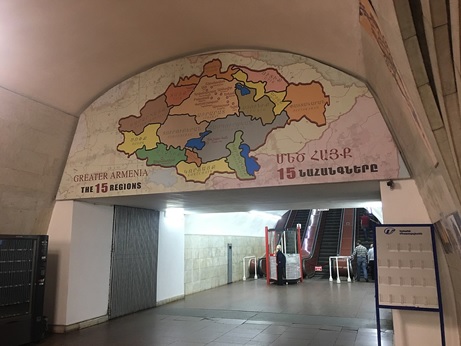 ARMENIA IS ON THE RIGHT TRACK
ARMENIA IS ON THE RIGHT TRACK
AVİM 14.05.2024 -
ABUSES OF JUSTICE IN PARIS AND LOS ANGELES
AVİM 29.03.2021 -
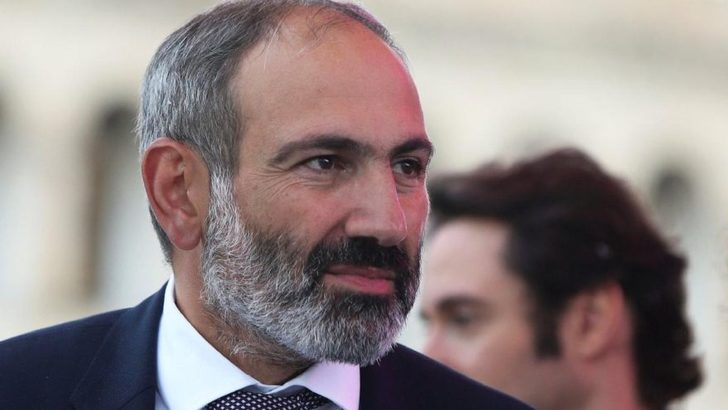 ARMENIAN ECONOMY NEEDS TO BE ABLE TO FISH NOT CHARITIES FROM DIASPORA
ARMENIAN ECONOMY NEEDS TO BE ABLE TO FISH NOT CHARITIES FROM DIASPORA
AVİM 12.10.2018 -
 A CONTROVERSIAL AND EMBARRASSING ACADEMIC APPOINTMENT BY AN AMERICAN UNIVERSITY
A CONTROVERSIAL AND EMBARRASSING ACADEMIC APPOINTMENT BY AN AMERICAN UNIVERSITY
AVİM 13.04.2023 -
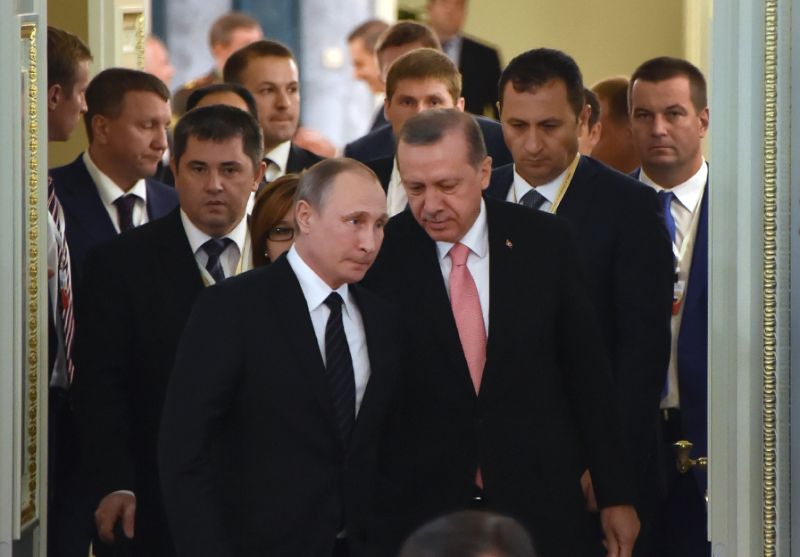 THE NEWLY EMERGING POLITICAL CONFIGURATION IN THE SOUTH CAUCASUS
THE NEWLY EMERGING POLITICAL CONFIGURATION IN THE SOUTH CAUCASUS
AVİM 06.09.2016
-
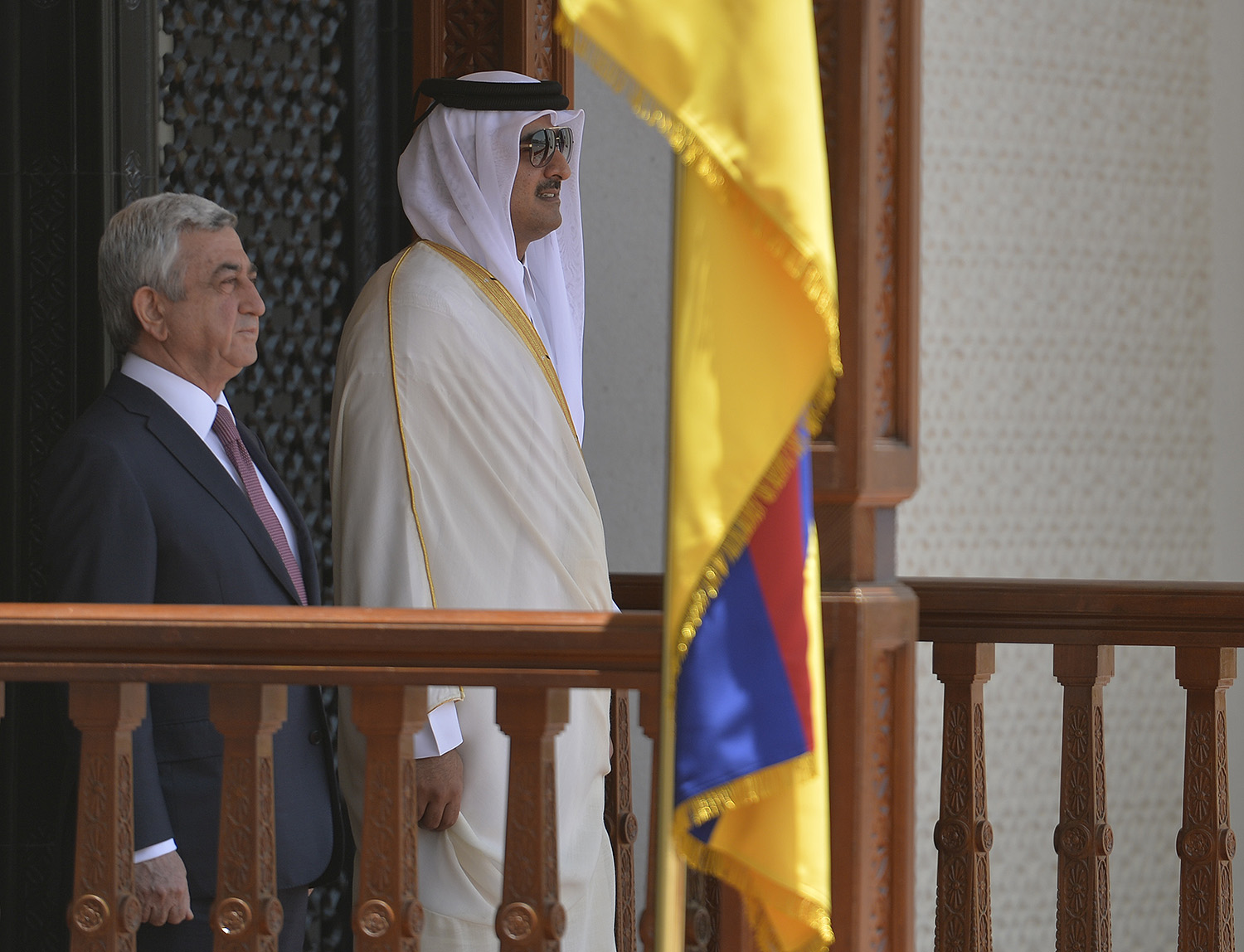 ARMENIA ON IRAN’S PATH TO THE GULF
ARMENIA ON IRAN’S PATH TO THE GULF
Ali Murat TAŞKENT 12.06.2017 -
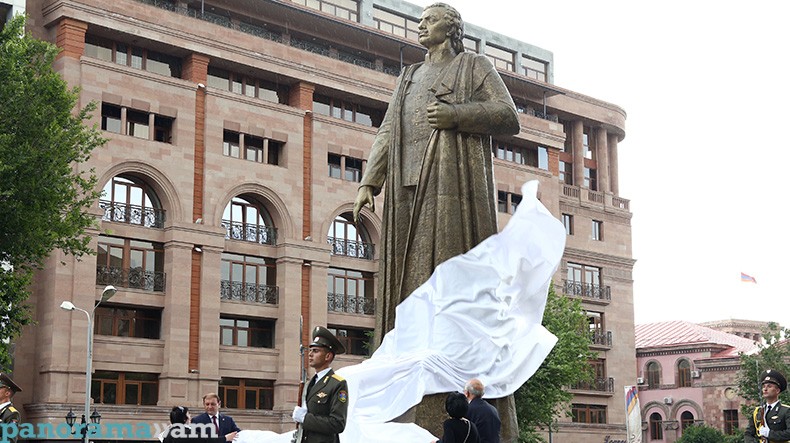 A NAZI WHO IS ARMENIA’S NATIONAL HERO
A NAZI WHO IS ARMENIA’S NATIONAL HERO
Mehmet Oğuzhan TULUN 16.06.2016 -
 PARADOXICAL COOPERATION: CSTO MEMBER ARMENIA CONDUCTS MILITARY EXERCISES WITH NATO
PARADOXICAL COOPERATION: CSTO MEMBER ARMENIA CONDUCTS MILITARY EXERCISES WITH NATO
Mehmet Oğuzhan TULUN 21.04.2015 -
FRANCE IS BLOWING HOT AND COLD
Ömer Engin LÜTEM 20.11.2011 -
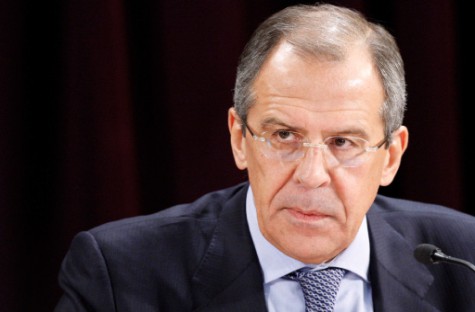 RUSSIA FM TELLS US SANCTIONS 'UNACCEPTABLE'
RUSSIA FM TELLS US SANCTIONS 'UNACCEPTABLE'
Hande Apakan 18.03.2014
-
25.01.2016
THE ARMENIAN QUESTION - BASIC KNOWLEDGE AND DOCUMENTATION -
12.06.2024
THE TRUTH WILL OUT -
27.03.2023
RADİKAL ERMENİ UNSURLARCA GERÇEKLEŞTİRİLEN MEZALİMLER VE VANDALİZM -
17.03.2023
PATRIOTISM PERVERTED -
23.02.2023
MEN ARE LIKE THAT -
03.02.2023
BAKÜ-TİFLİS-CEYHAN BORU HATTININ YAŞANAN TARİHİ -
16.12.2022
INTERNATIONAL SCHOLARS ON THE EVENTS OF 1915 -
07.12.2022
FAKE PHOTOS AND THE ARMENIAN PROPAGANDA -
07.12.2022
ERMENİ PROPAGANDASI VE SAHTE RESİMLER -
01.01.2022
A Letter From Japan - Strategically Mum: The Silence of the Armenians -
01.01.2022
Japonya'dan Bir Mektup - Stratejik Suskunluk: Ermenilerin Sessizliği -
03.06.2020
Anastas Mikoyan: Confessions of an Armenian Bolshevik -
08.04.2020
Sovyet Sonrası Ukrayna’da Devlet, Toplum ve Siyaset - Değişen Dinamikler, Dönüşen Kimlikler -
12.06.2018
Ermeni Sorunuyla İlgili İngiliz Belgeleri (1912-1923) - British Documents on Armenian Question (1912-1923) -
02.12.2016
Turkish-Russian Academics: A Historical Study on the Caucasus -
01.07.2016
Gürcistan'daki Müslüman Topluluklar: Azınlık Hakları, Kimlik, Siyaset -
10.03.2016
Armenian Diaspora: Diaspora, State and the Imagination of the Republic of Armenia -
24.01.2016
ERMENİ SORUNU - TEMEL BİLGİ VE BELGELER (2. BASKI)
-
AVİM Conference Hall 24.01.2023
CONFERENCE TITLED “HUNGARY’S PERSPECTIVES ON THE TURKIC WORLD"









